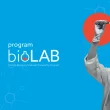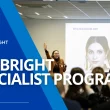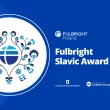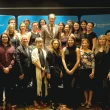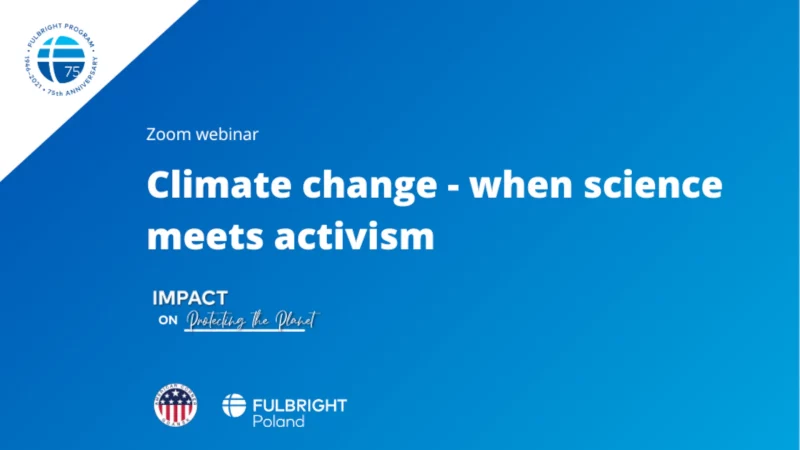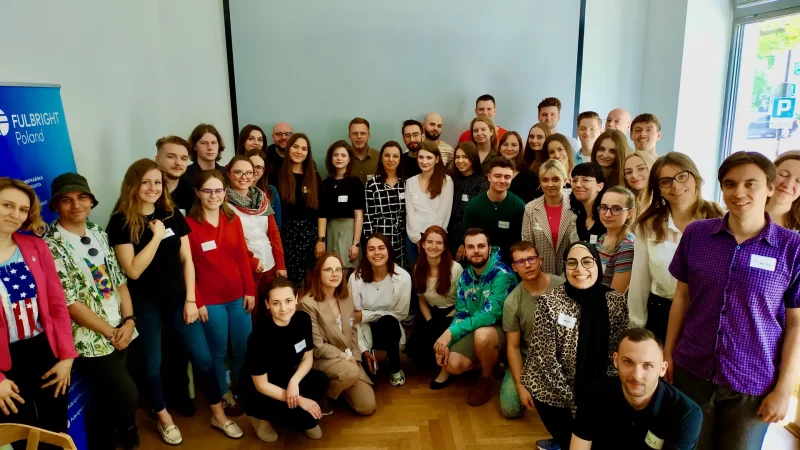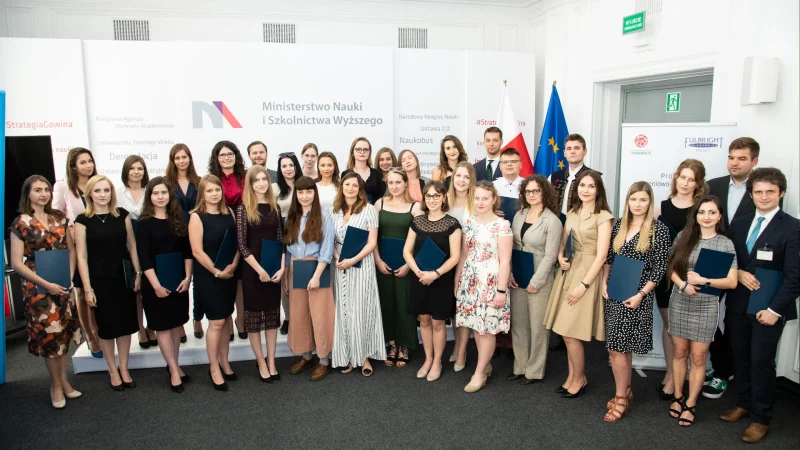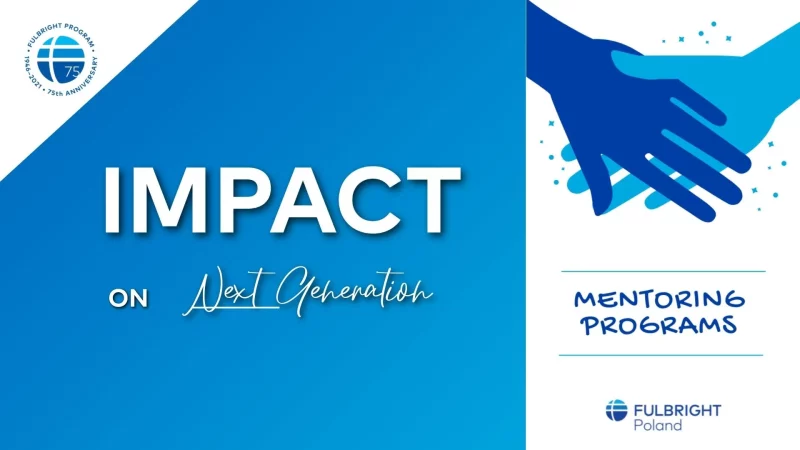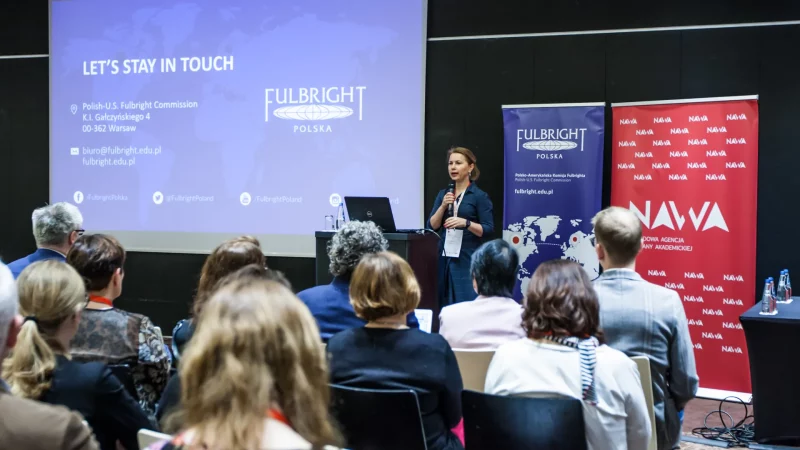Zapraszamy do obejrzenia nagrania webinaru „Climate change – when science meets activism”, który odbył się 22 kwietnia.
The Fulbright Program and our grantees have always been on top of their game when it comes to responding to global challenges. Environmental protection and climate change are currently some of the most pressing topics that need to be addressed to protect our planet and humankind. On April 22 – Earth Day – we invite you for a panel discussion with international experts who will talk about how scientists and the general public can work together even better to prevent further irreversible damage to planet Earth.
Our experts, who are active researchers and educators or policy makers, will touch upon questions, such as:
- How does scientific research support social efforts to deter climate change?
- Can a scientist also be an activist? Who usually reaches out to whom first: Is it activists who look for scientific data to support their initiatives or researchers who actively engage in movements for social change?
- What role can a scientist play in policy making?
- Is scientific language used to talk about climate change clear enough to convey the message to the general public?
- During this meeting, you will also learn some tips on what all of us can do in our everyday lives to protect the planet.
Paneliści
Prof. Francisco Ferreira
Francisco Ferreira is an Associate Professor at the Department of Environmental Sciences and Engineering of the NOVA School of Science and Technology (FCT-NOVA) in Lisbon, Portugal and a researcher in CENSE – Center for Environmental and Sustainability Research. He holds a degree in Environmental Engineering from FCT NOVA, a master’s degree from Virginia Tech, USA and a PhD from Universidade Nova de Lisboa. He has been developing work in the areas of air pollution, climate change, and sustainable development. He is also the President of the national environmental non-governmental organisation ZERO – Association for the Sustainability of the Earth System.
Prof. Małgorzata Grodzińska-Jurczak
Małgorzata Grodzińska-Jurczak is a biologist by education (master’s degree in environmental biology, 1990). Her academic achievements feature three thematic trends. She started her career in classic ecology, investigating the influence of acidic precipitation on the natural environment during her four-year Ph.D. dissertation work (Ph.D. conferred in 1995). She continued research concerning the effects of toxic substances on the environment, focusing throughout the next decade on the topic of limiting the negative impact of municipal waste on the environment (including human health) via educational activities. Achievements from that period formed the basis for her obtaining in 2005 a postdoctoral degree in Natural Sciences and biology, with a specialisation in ecological education. From that moment onwards, her activity in interdisciplinary research began. Since 2006, she has specialized in the human dimension of natural resources. Since 1994, she has been employed at the Institute of Environmental Sciences, Jagiellonian University (since 2014 as Full Professor). She is currently the Head of Nature Protection, Wildlife Management and Environmental Education Research Team at the Institute of Environmental Sciences, Jagiellonian University.
Prof. Lora Harris
Lora Harris is an Associate Professor at the University of Maryland Center for Environmental Science, based at the Chesapeake Biological Laboratory. She is an estuarine ecologist who applies field and modeling approaches to address important questions regarding nutrient dynamics, primary production and ecosystem structure and function in a range of estuarine ecosystems. She is especially interested in how climate and management actions interact to affect water quality characteristics in estuaries and lagoons. Some of her most recent work involves collaboration with engineers to understand the restoration trajectories of hypoxic estuaries, and the contribution of wastewater to estuarine receiving waters. Dr. Harris works closely with state and regional agencies in both a research and advisory capacity. She is committed to efforts that increase diversity in the geosciences as a founding principal investigator of Centro Tortuga, an institutional collaboration based in Puerto Rico that is focused on exposing first year undergraduates to the marine sciences. Dr. Harris is committed to community engagement in her work, and takes just as much satisfaction in talking about water quality to a Board of County Commissioners as she does in giving a talk at a scientific conference. She received her B.S. from Smith College and her Ph.D. from the University of Rhode Island. Dr. Harris moved to her faculty position in Maryland following a postdoctoral position at the Marine Biological Laboratory in Woods Hole.
Moderator
Adam Wincukiewicz
Adam Wincukiewicz is a Ph.D. student in physics at the University of Warsaw, nominated for the Fulbright award for the 2021-22 academic year. His research interests focus on the emerging photovoltaic generation – perovskite solar cells, one of the potential innovations accelerating global transition towards sustainable energy. He is also a coordinator of the “Solve Climate by 2030” campaign for Poland. Adam was selected to participate in the first-ever young leaders forum at Clean Energy Ministerial, CEM10 in Vancouver in 2019. It allowed him to debate with international Ministers, industry leaders, and other youths on some of the biggest challenges of our century. During the forum, Mission Innovation 1.5℃ Compatible Solutions Framework recognized his research as one of 100 global solutions with potentially high impact on avoided CO2e emissions. He is a big fan of Formula 1.
Wydarzenie jest organizowane we współpracy z American Corner Gdańsk w ramach obchodów 75-lecia Programu Fulbrighta na świecie. Motywem przewodnim kwietnia jest „Protecting the Planet”.


